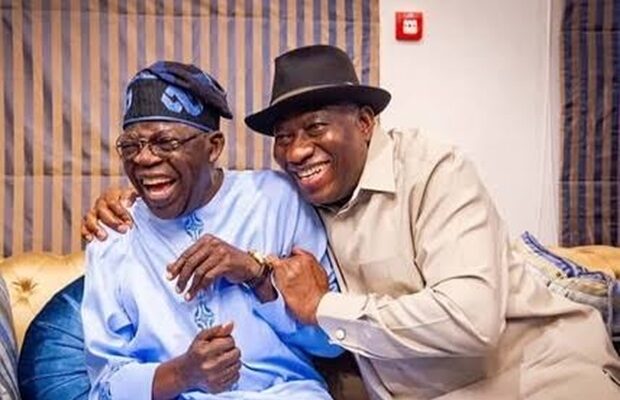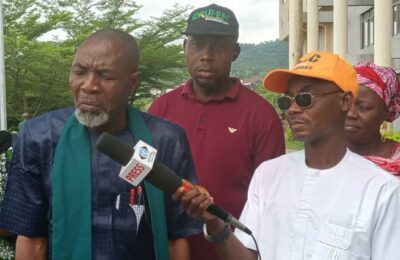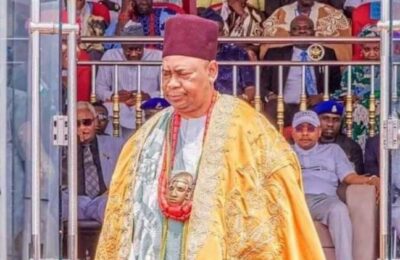As Nigeria approaches the 2027 general elections, the political atmosphere bears a striking resemblance to the dynamics that defined the historic 2015 transition of power. Just as the nation witnessed a dramatic shift that ended the administration of President Goodluck Jonathan, similar currents are gathering momentum once again.
In the build-up to the 2015 polls, Nigeria grappled with widespread insecurity — from kidnappings and attacks on communities to the abduction of schoolchildren and the growing audacity of insurgent groups. Public anger and national dissatisfaction reached a boiling point, creating fertile ground for the opposition.
Beyond insecurity, major political blocs united in an unprecedented coalition that reshaped political history. The weakening international support for the Jonathan administration and the strong alignment between Northern and Southwest political forces formed the backbone of the victorious opposition alliance.
Today, as 2027 draws near, familiar patterns are re-emerging. Security concerns are resurfacing. Alliances are shifting. Public frustration is intensifying. But unlike the 2015 alignment between the North and the Southwest, the unfolding trend suggests a new kind of coalition one potentially binding the North with key Southern blocs. This signals an evolving balance of power.
If the current administration fails to navigate these challenges with caution, President Tinubu may find himself in a situation mirroring the vulnerabilities that undermined Jonathan in 2015. The indicators are becoming clearer: political realignments, public discontent, economic strain, and rising insecurity. These forces combined could shape the 2027 elections in a manner similar to — or even more profound than — the 2015 political earthquake.
– Comrade Jélìl Adabara El-Okene writes from Kogi State.




